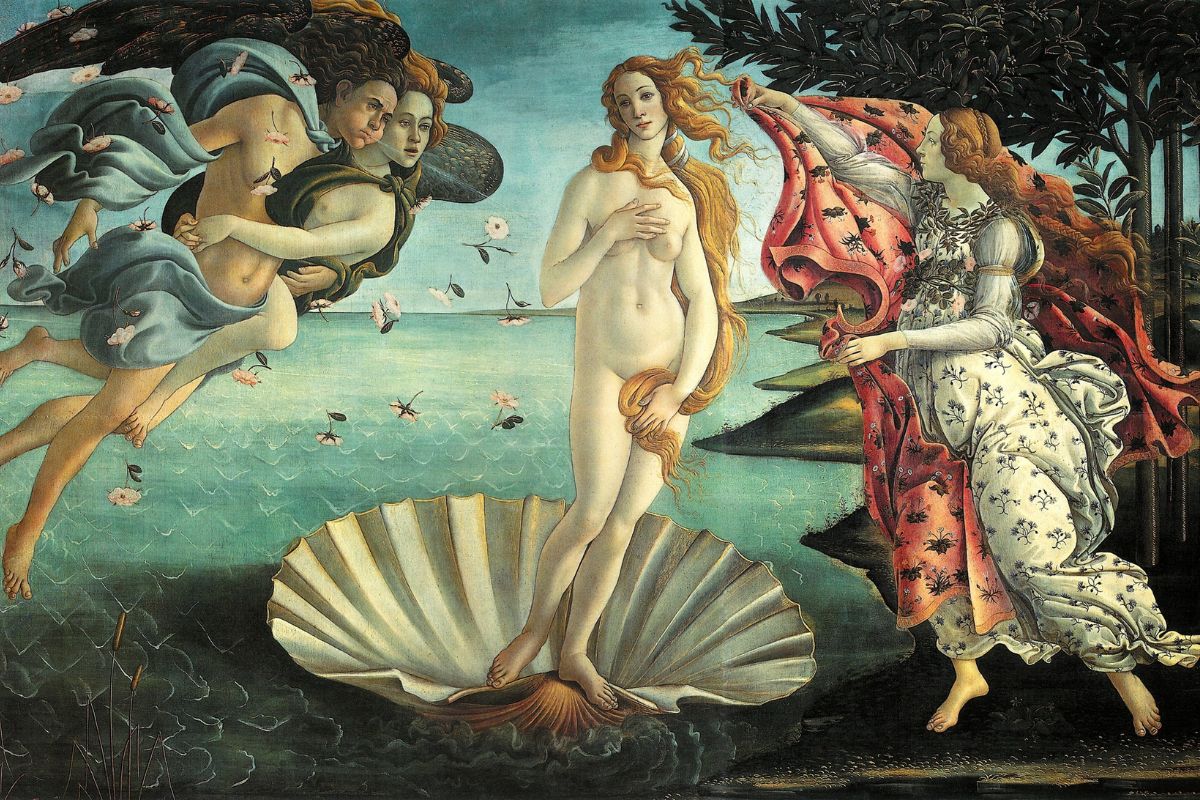Lofn is a minor goddess in Norse mythology. She is the goddess of marriage and forbidden love.
She was Æsir goddess Frigg’s handmaiden. Lofn was also known as Loven, a gentle and kind goddess full of compassion.
It was Lofn who arranged the illegal and forbidden marriages with the blessing of the Norse god Odin himself.
Name etymology and family tree
Lofn comes from the Old Norse root word lof and means “loving,” “praise” or “comforting.” The name Lofn can also mean “permission,” which is fitting since it was Lofn who granted permission for forbidden love to marry.
The goddess Lofn is serene and tender, which is not typical of Norse gods. So many of the Norse gods were both revered and feared, but she was beloved by those who turned to Lofn in their darkest hour.
Her father was the dwarf Ivaldi, and her mother was the Vanir goddess Freyja. Her sisters were Nanna, wife of Baldr, Sigyn wife of Loki, and Snotra, the Goddess of Wisdom.
Little is known about this Norse goddess, but what we do know about Lofn paints her as incredibly kind and compassionate.
What is Lofn the Norse Goddess of?
Lofn is the Norse goddess of marriage and forbidden love. Lofn is also the goddess of love and Praise. Her duty was to remove obstacles from the path of lovers who struggled to unite.
The goddess Lofn was a handmaiden of the primary goddess of love Frigg. Together the three handmaidens of love–Lofn, Sjofn (Vjofn), and Syn–did Frigg’s bidding. Each of these three lesser Norse goddesses had a specific duty.
Lofn was tasked with making sure that star-crossed lovers got together. Sjofn was the goddess of marital harmony and togetherness. It was Sjofn’s duty to keep the peace between humans and to encourage quarreling spouses to forgive each other. Syn was the goddess of watchfulness and truth, declaring who was in the right when humans disagreed.
Quick facts about Lofn
- Lofn was known to be one of the most compassionate of the Norse goddess. She had a soft spot in her heart for children and helped them resolve disputes and mend friendships.
- It wasn’t just humans who struggled with forbidden love, but gods as well. In Asgard, the Vanir God Freyr was in love with the giantess Gerd. With Lofn’s help, Freyr gave up his magic sword to win Gerd’s affection. Lofn also settled quarrels between the gods and goddesses, using her unfailing patience and compassion to help others work through their disagreements.
- Despite her dedication to harmony and love, lofn couldn’t save every doomed marriage. The giantess Skadi and sea god Njord struggled to stay married. While Skadi preferred the snow-capped mountains where she hunted on skis, Njord couldn’t bare to live away from the sea. When their efforts to compromise failed, Skadi and Njord parted ways.
- While Lofn was a minor Norse goddess, she was very important to the people of the Viking Age. When marriages were in peril, or someone wished to marry a forbidden love interest, they would pray to Lofn to help them.
Lofn Attestations
Lofn is mentioned in the Prose Edda by Icelandic historian Snorri Sturluson. She appears in the Prose Edda books Gylfaginning and Skaldskaparmal. Lofn also appears in skaldic kennings for the word “woman” in both Skaldskaparmal and Skaldic poetry.
Kennings are common metaphors used to refer to characters without using their actual name. For example, the Goddess Hel may be called “Sister of Fenrir” or “Daughter of Loki.” Idun may be called “Wife of Bragi” or “Keeper of the Apples of Immortality.” When using Lofn as a kenning, “Lofn” or the root “lof” would be substituted for “woman” or another feminine trait.
Lofn doesn’t just appear as a kenning in Skaldskaparmal. She is listed as one of the Ásynjur. Ásynjur is the feminine version of Æsir in Old Norse.

